Artificial Intelligence (AI) stands as a polarizing force in contemporary discourse. As new tools and technologies proliferate, the division between AI's proponents and detractors is becoming increasingly stark. Market research analysts are optimistic, suggesting that AI is poised to bring about significant societal benefits, including enhanced productivity, improved healthcare, and broader access to education. However, this potential comes with a caveat: we must adapt now.
For those in repetitive, manual jobs, AI and robotics are often viewed as disruptive forces, threatening the future of employment. While the debate continues, the prevailing sentiment among experts is that AI will likely have a positive impact, creating new vocations, solving complex problems, and making everyday life easier and more convenient.
Economic and Job Market Implications
According to the global institute McKinsey, depending on the rate of adoption and technological advances, AI is already catalyzing additional global economic activity worth over $13 trillion and is projected to increase the global GDP by approximately 1.2% annually by 2030. This paradigm shift parallels the transformative impacts of other major technologies throughout history. However, this will likely lead to the displacement of human labor in favor of automation and enhanced innovation in products and services.
By 2030, it's predicted that about 70% of companies will have embraced the AI revolution, adopting at least one form of AI technology, though less than half will have fully integrated all five categories. Experts also believe AI will be among the most disruptive technologies ever developed in the global economy.
The Broader Societal Impact of AI
The future of AI promises endless possibilities and applications that will significantly simplify our lives and positively shape the future of humanity. According to the global think-tank Bernard Marr & Co., the transformative impact of AI on society will have far-reaching economic, legal, political, and regulatory implications across all job sectors and industries.
Investment bank Goldman Sachs reports that AI could replace the equivalent of 300 million full-time jobs. It could automate a quarter of all work tasks in Europe, sparking a productivity boom and creating new job opportunities. The report estimates that two-thirds of jobs in Europe could be affected by some degree of AI automation, with about a quarter potentially being fully automated by AI. According to a study by MIT and Boston University, AI could displace up to two million manufacturing workers by 2025, including "white-collar" workers currently earning up to €80,000 annually. A McKinsey report further suggests that at least 14% of global employees may need to switch careers due to advancements in digitalization, robotics, and AI.
Jobs Likely to Be Automated, But Not Entirely Changed
- Customer Service Representatives: Customer interactions are increasingly handled by AI rather than human operators, as many inquiries are repetitive and do not require high emotional or social intelligence.
- Receptionists: Many global companies now employ robots at their reception desks, with AI managing calls and interacting with guests and clients.
- Accountants: Many firms now use AI and automation for accounting practices, providing efficient, flexible, and secure cloud-based services.
- HR Managers: While still handling a variety of critical tasks, AI is increasingly used in the recruitment process to quickly and efficiently screen resumes.
- Psychologists and Psychiatrists: Facial recognition technology is being used for initial AI-assisted counseling support, though human input remains crucial for managing delicate mental health issues.
- Surgeons: Technology has enhanced the accuracy of medical diagnostics and procedures, allowing for less invasive surgeries, though the human connection remains vital.
- IT System Analysts: Despite automation, human presence is essential for maintaining, updating, and troubleshooting complex software and hardware systems.
- Artists and Writers: While AI technically can produce content, the creative and emotional essence of art and literature remains uniquely human.
AI Expo Europe: AI and Future Job Market Trends
The World Economic Forum estimates that AI will displace about 85 million jobs by 2025. Technological advancements, rising costs and wages, and consumer spending cuts contribute to this shift, particularly impacting retail jobs.
With the new European AI legislation, five new job fields are emerging: AI Engineers, AI Translators, Cybersecurity Analysts specializing in AI, AI Technology Specialists or Consultants, and AI Ethics Officers.
AI Expo Europe, the largest interactive conference in Central and Eastern Europe, is set to unravel the implications of AI for both the present and future, addressing the critical question: Will AI take our jobs? This event will engage professionals, leaders, and innovators in discussions ranging from education and ecology to legal changes and deep societal shifts, architecture, urban planning, and the arts. For more information, to purchase tickets, or explore promotional packages, visit: www.aiexpoeurope.com.
